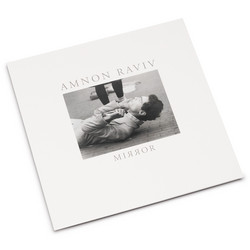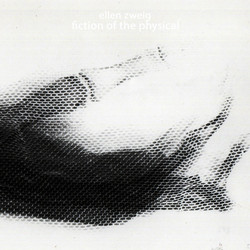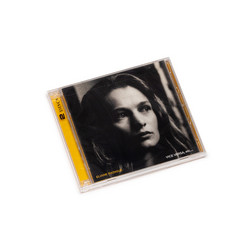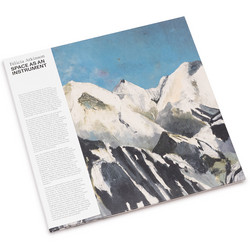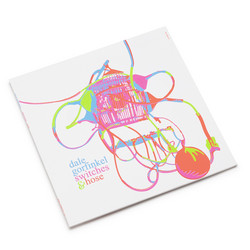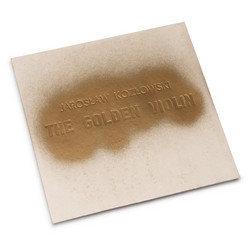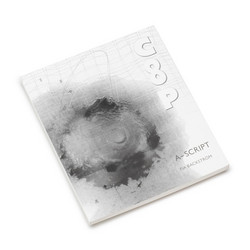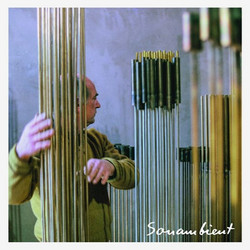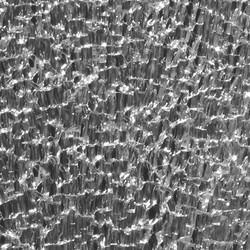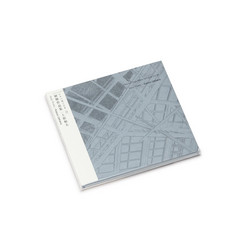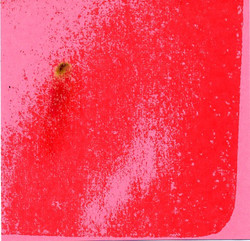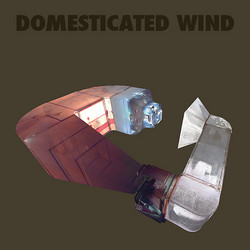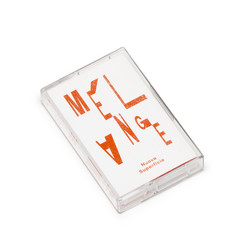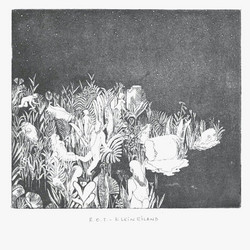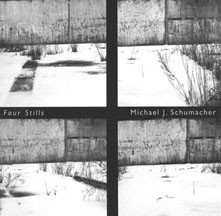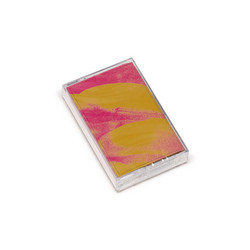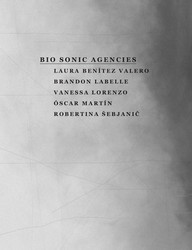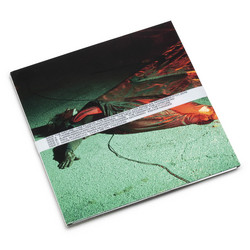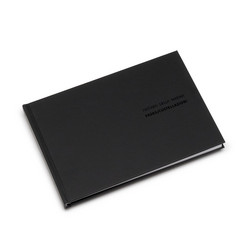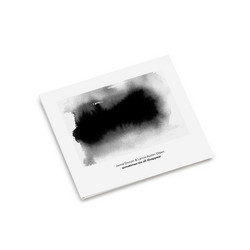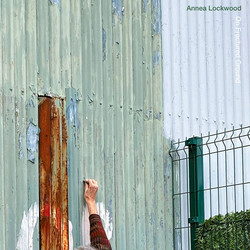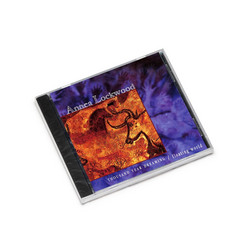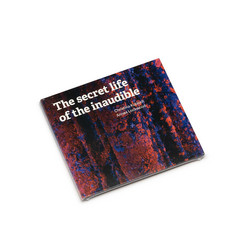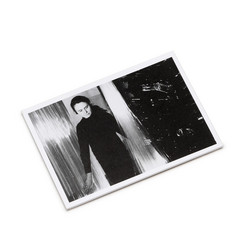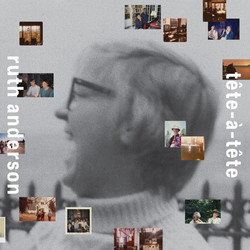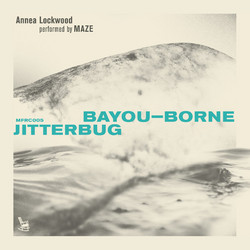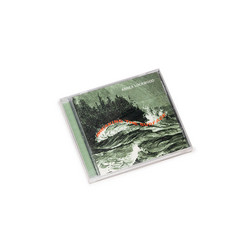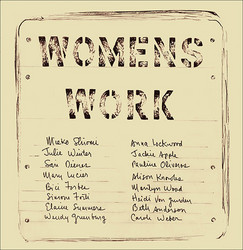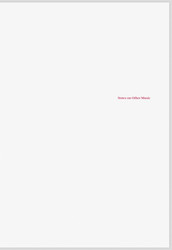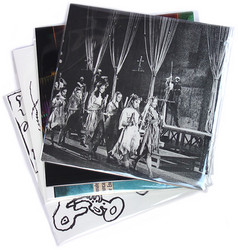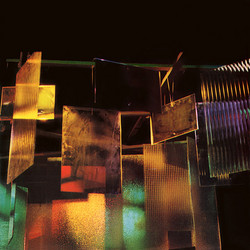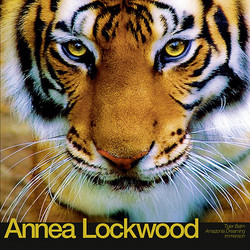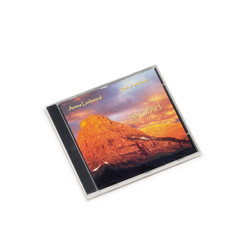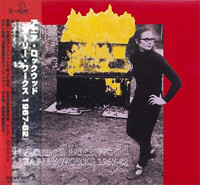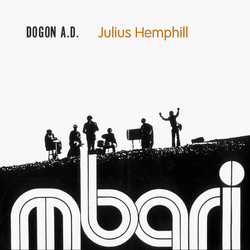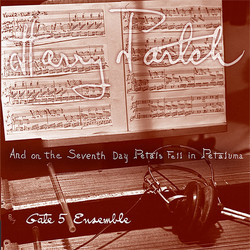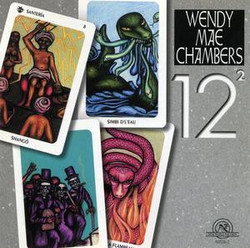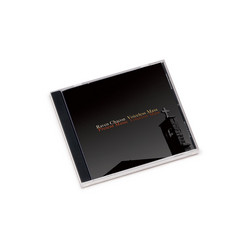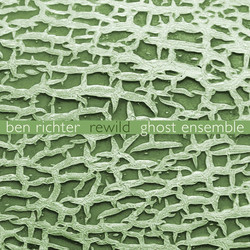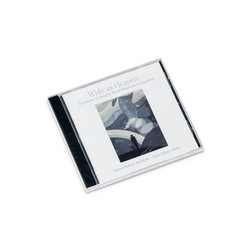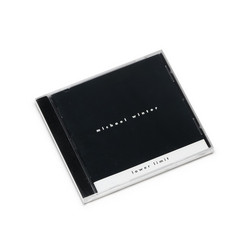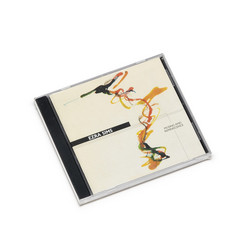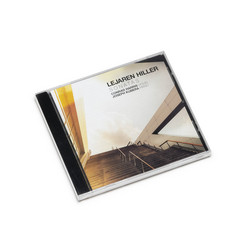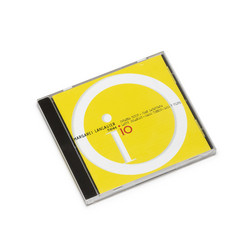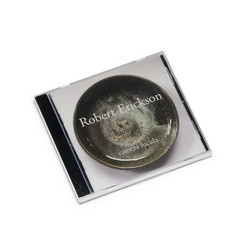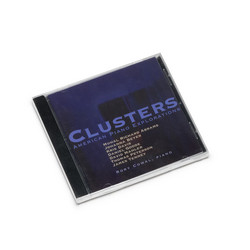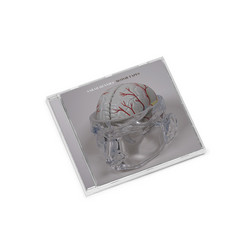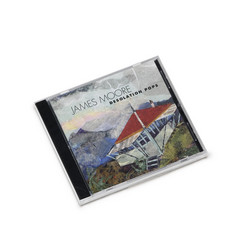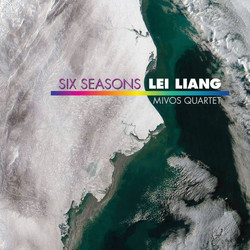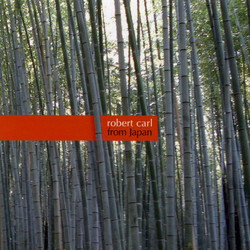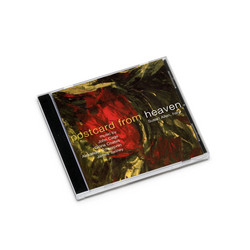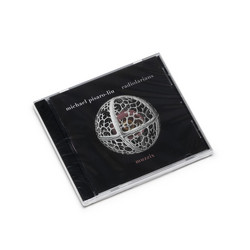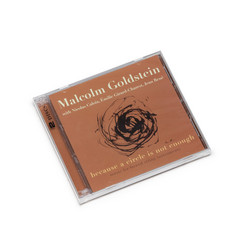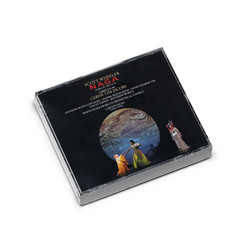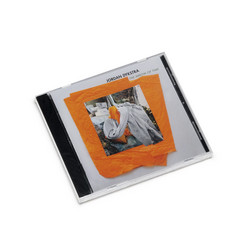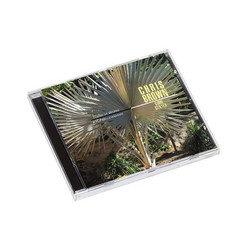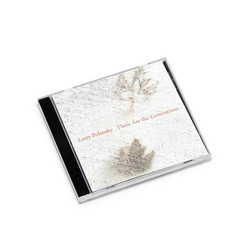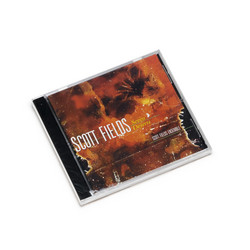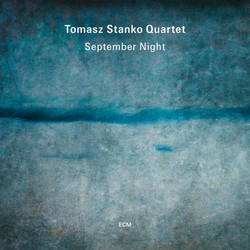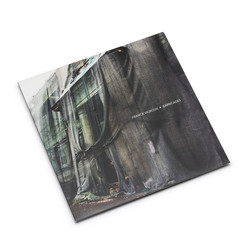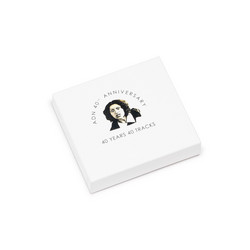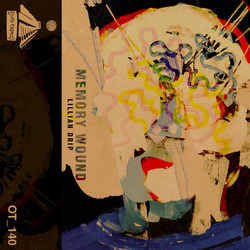Pioneering American electronic music composer Annea Lockwood presents "In Our Name", based upon two of the many poems written in Guantánamo by detainees, with no expectation that they could ever be heard "outside the wire". Many poems were confiscated by the Pentagon before the writers' lawyers could read them and remain locked away, the Pentagon "arguing that poetry 'presents a special risk' to national security because of its 'content and format.'" Marc Falkoff writes, in his introduction to the collection which he has edited, Poems from Guantánamo: The Detainees Speak. Professor Falkoff is an attorney for seventeen of the prisoners. He wrote the following biographical notes and kindly gave us permission to quote them:
The first poem, titled Death Poem, was written by Jumah al-Dossari, Detainee #261,'a thirty-three year-old Bahraini national, [and] the father of a young daughter. He [was] held at Guantánamo for more than five years. In addition to being detained without charge or trial, Dossari has been subjected to a range of physical and psychological abuses, some of which are detailed in 'Inside the Wire', an account of the Guantánamo prison by former military intelligence soldier Erik Saar. He [was] held in solitary confinement from the end of 2003 [until 2007] and, according to the U.S. military, tried to kill himself twelve times while in the prison. On one occasion he was found by his lawyer, hanging by his neck and bleeding from a gash to his arm." A recent interview by Josh White, published in the Washington Post, explains that Dossari denied 'any connection to terrorism and was ultimately released to Saudi Arabia in July 2007' where he has recently remarried, is employed and doing well.
The author of Is it true?, Osama Abu Kabir, "is a Jordanian water truck driverwho worked for the municipality of Greater Amman. After joining an Islamic missionary organization called Jama'at al-Tablighi, he traveled to Afghanistan, where he was detained by anti-Taliban forces and handed over to the U.S. military. One of the justifications offered for his continued detention is that he was captured wearing a Casio digital watch, a brand supposedly favored by members of al Qaeda because some models may be used as bomb detonators." Having been kept in extended solitary confinement, like al-Dossari, Kabir was released in November 2007, and returned home to Jordan.
